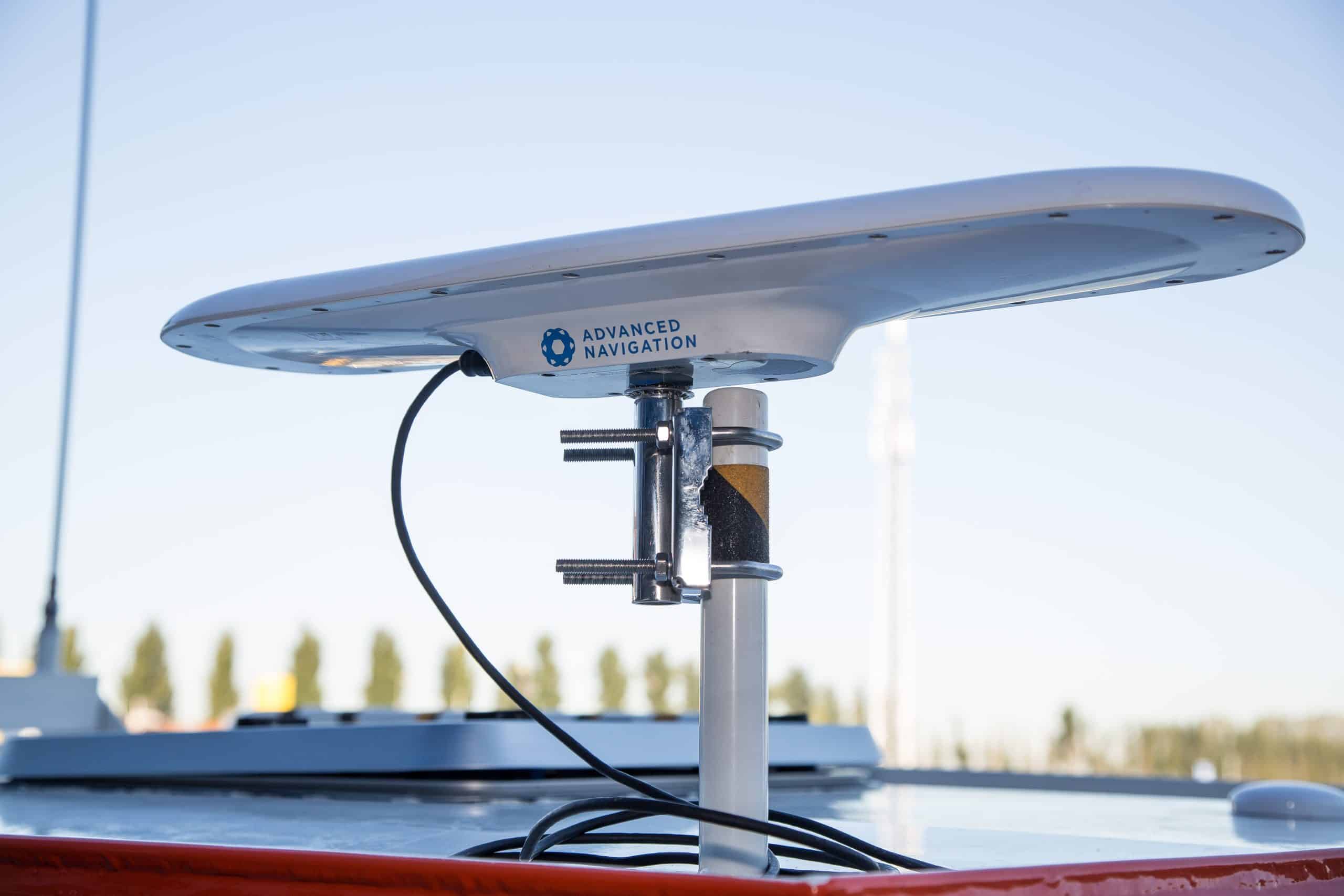
Advanced navigation systems have transformed how we travel, making journeys smoother and more efficient. But what exactly makes these systems so special? Advanced navigation systems use a combination of GPS, sensors, and algorithms to provide accurate directions, real-time traffic updates, and even suggest alternative routes. They are not just for cars; boats, planes, and even hikers benefit from these technologies. Imagine never getting lost again or always knowing the quickest way to your destination. These systems can also improve fuel efficiency by optimizing routes, saving both time and money. Ready to learn more? Let's dive into 23 fascinating facts about advanced navigation systems!
What Are Advanced Navigation Systems?
Advanced navigation systems have revolutionized how we travel, explore, and find our way. These systems use cutting-edge technology to provide accurate, real-time information. Here are some fascinating facts about these incredible systems.
-
GPS Technology: The Global Positioning System (GPS) is the backbone of most advanced navigation systems. It uses a network of satellites to pinpoint your exact location anywhere on Earth.
-
Satellites in Orbit: There are currently 31 operational GPS satellites orbiting the Earth, ensuring that at least four are visible from any point on the planet at any time.
-
Accuracy: Modern GPS systems can provide location accuracy within 1 to 5 meters, making them incredibly reliable for navigation.
How Do They Work?
Understanding how these systems function can be quite intriguing. They rely on a combination of satellites, ground stations, and receivers to deliver precise information.
-
Triangulation: GPS receivers use a method called triangulation, which involves calculating the distance from multiple satellites to determine your exact position.
-
Atomic Clocks: GPS satellites are equipped with atomic clocks that provide extremely accurate time data, which is crucial for precise location calculations.
-
Signal Travel Time: The system measures the time it takes for signals to travel from satellites to the receiver, using this data to calculate distance.
Applications in Daily Life
Advanced navigation systems are not just for finding directions. They have a wide range of applications that impact our daily lives in various ways.
-
Smartphones: Most smartphones come with built-in GPS, allowing users to navigate, track fitness activities, and even find lost devices.
-
Automobiles: Modern cars often feature integrated navigation systems that provide real-time traffic updates, route suggestions, and points of interest.
-
Aviation: Pilots rely on advanced navigation systems for flight planning, in-flight navigation, and landing approaches.
Innovations and Future Trends
The field of navigation technology is constantly evolving. New innovations and trends are shaping the future of how we navigate the world.
-
Augmented Reality (AR): Some navigation apps now use AR to overlay directions and information onto the real world through your smartphone camera.
-
Indoor Navigation: Advanced systems are being developed to help users navigate indoor spaces like malls, airports, and hospitals.
-
Autonomous Vehicles: Self-driving cars use a combination of GPS, sensors, and advanced algorithms to navigate without human intervention.
Impact on Industries
Various industries benefit from the advancements in navigation technology, improving efficiency and safety.
-
Shipping and Logistics: GPS tracking helps companies monitor the location of their fleets, optimize routes, and ensure timely deliveries.
-
Agriculture: Farmers use GPS-guided equipment for precision farming, which increases crop yields and reduces waste.
-
Emergency Services: First responders use advanced navigation systems to reach emergencies quickly and efficiently.
Challenges and Limitations
Despite their many advantages, advanced navigation systems face certain challenges and limitations that need addressing.
-
Signal Interference: GPS signals can be disrupted by tall buildings, dense forests, or even atmospheric conditions.
-
Battery Life: Continuous use of GPS on mobile devices can drain battery life quickly, posing a challenge for long-term navigation.
-
Privacy Concerns: The ability to track location raises privacy issues, as users may not always want their movements monitored.
Fun Facts
Here are some fun and lesser-known facts about advanced navigation systems that might surprise you.
-
First GPS Satellite: The first GPS satellite was launched in 1978, marking the beginning of a new era in navigation.
-
GPS in Space: Astronauts use GPS to navigate while in orbit around Earth, ensuring they stay on the correct path.
-
Animal Tracking: Scientists use GPS collars to track the movements of wildlife, helping in conservation efforts.
-
Geocaching: This popular outdoor activity involves using GPS to hide and seek containers, called "geocaches," at specific locations marked by coordinates.
-
Time Synchronization: GPS technology is used to synchronize clocks worldwide, ensuring that everything from financial transactions to communication networks runs smoothly.
The Road Ahead
Advanced navigation systems have transformed how we travel. From GPS technology to real-time traffic updates, these systems make journeys smoother and safer. They’re not just about getting from point A to point B but enhancing the entire travel experience. Voice commands, augmented reality, and predictive analytics are just a few features making a big impact.
As technology evolves, expect even more innovations. Self-driving cars and integrated smart city infrastructure are on the horizon. These advancements will likely make navigation systems even more intuitive and reliable.
Staying updated on these technologies can help you make the most of your travels. Whether you're a daily commuter or an occasional road tripper, understanding these systems can save time and reduce stress. So, keep an eye on the latest trends and enjoy the journey ahead.
Was this page helpful?
Our commitment to delivering trustworthy and engaging content is at the heart of what we do. Each fact on our site is contributed by real users like you, bringing a wealth of diverse insights and information. To ensure the highest standards of accuracy and reliability, our dedicated editors meticulously review each submission. This process guarantees that the facts we share are not only fascinating but also credible. Trust in our commitment to quality and authenticity as you explore and learn with us.


